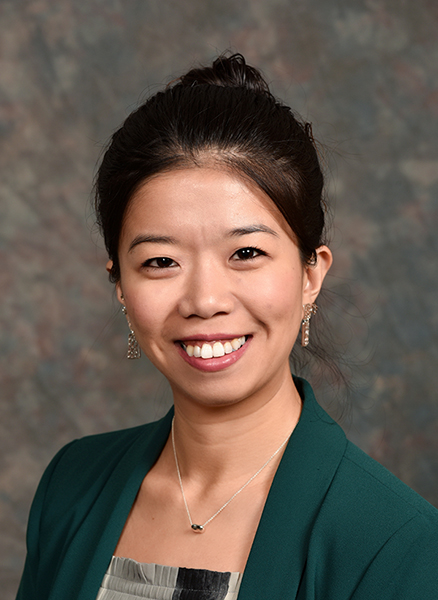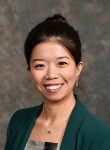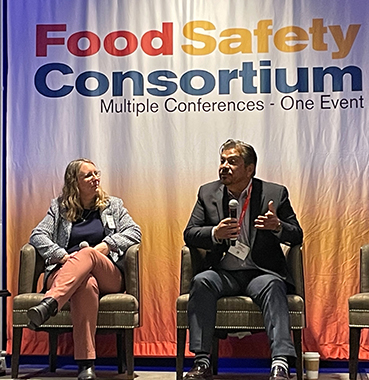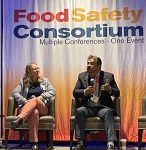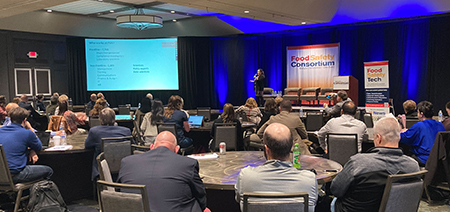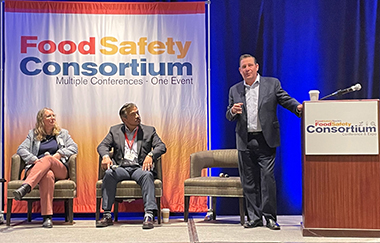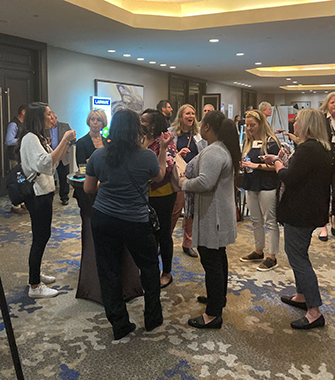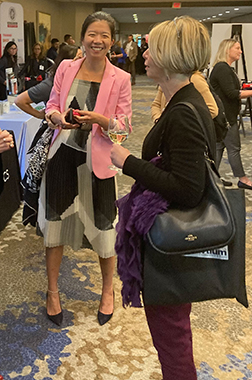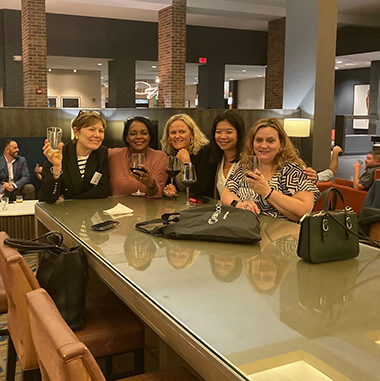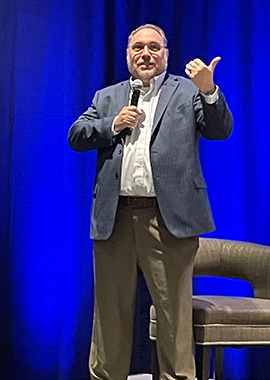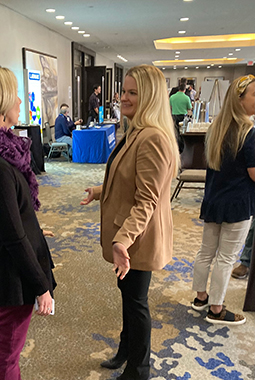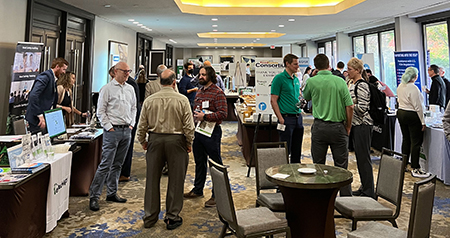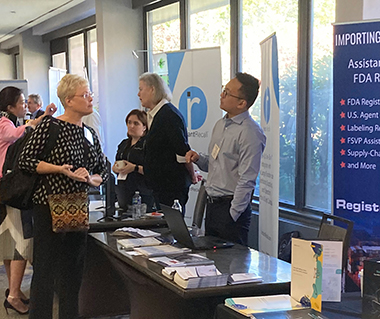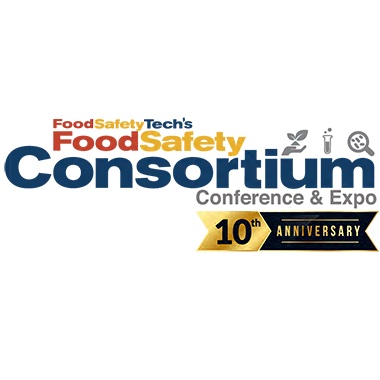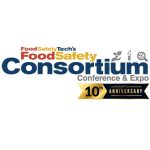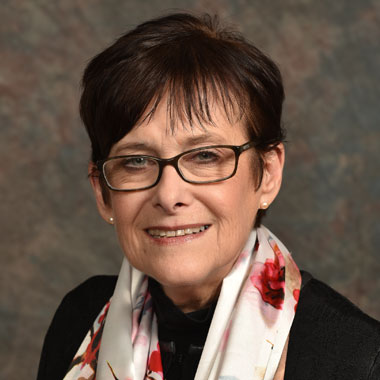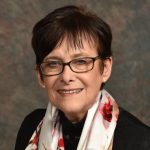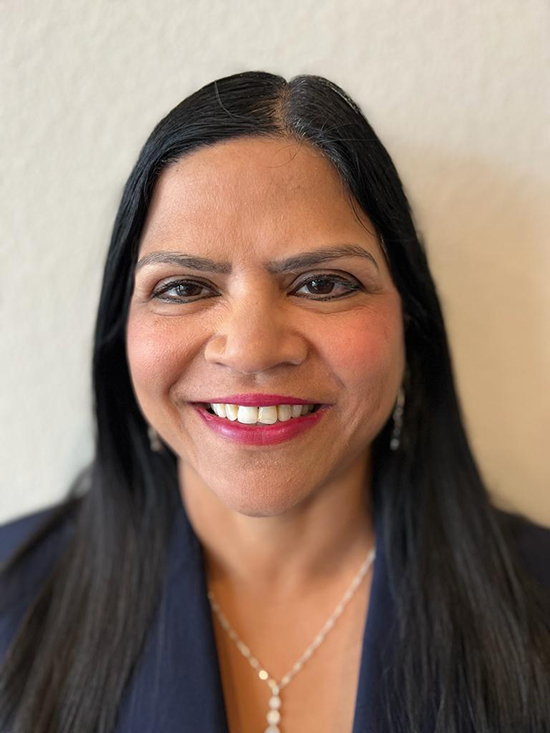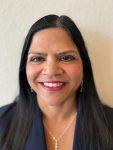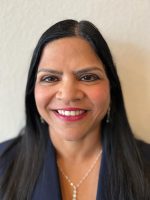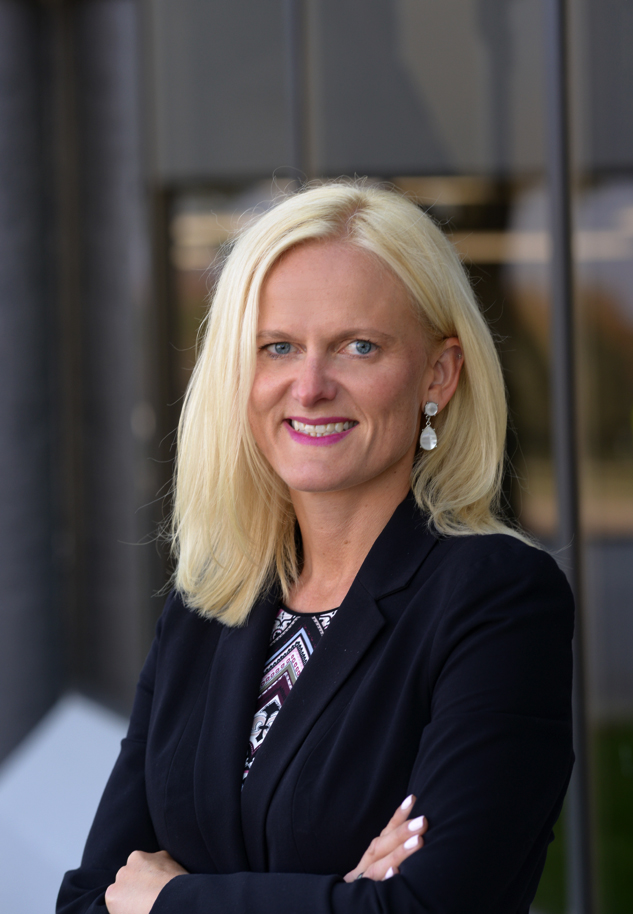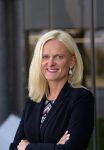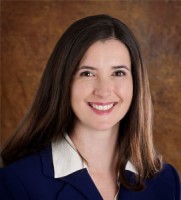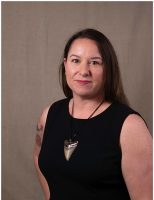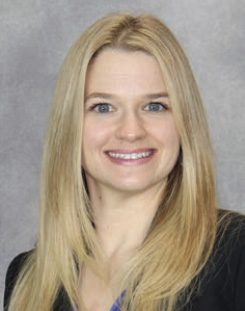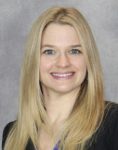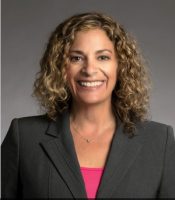It’s WIFS’s (Women In Food Safety ) pleasure to meet with Rochelly Serrano, a seasoned professional in food safety and quality (FSQ). During the conversation, Rochelly shares her career journey, insights, and reflections. From unexpected beginnings to becoming a VP, her story is a testament to perseverance, growth, and the importance of staying true to one’s values.
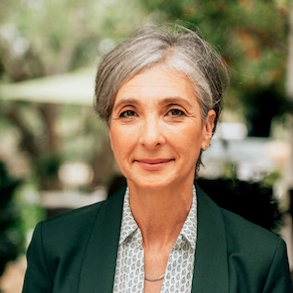 Rochelly’s career in food safety and quality has been marked by growth, resilience, and an unwavering commitment to her values. Her story serves as an inspiration for aspiring professionals, especially women in FSQ. As she continues to navigate her journey, she remains dedicated to her passion for quality and her belief in the power of relationships and integrity.
Rochelly’s career in food safety and quality has been marked by growth, resilience, and an unwavering commitment to her values. Her story serves as an inspiration for aspiring professionals, especially women in FSQ. As she continues to navigate her journey, she remains dedicated to her passion for quality and her belief in the power of relationships and integrity.
Starting Out: From Uncertainty to Opportunity
Rochelly’s career began with a pivotal moment shortly before her college graduation. “Dr. Elliott asked me about my plans after graduation, and I had no idea,” she recalls. She considered various paths, including veterinary medicine, sales, and pharmacy, but none resonated with her. As an introvert, she found these options unappealing. However, a fortuitous connection through Dr. Elliotte led to an interview with the VP of HR at Tysons Foods, a major meat manufacturing company. This opportunity set her on an unexpected path.
Despite lacking industry knowledge, Rochelly began as a production supervisor. Reflecting on her early days, she admits, “I wasn’t mentally prepared for managing people. I had to manage 85 people on the beef patties production line.” She humorously likened her experience to a scene from the classic TV show “I Love Lucy,” where she struggled to keep up with the production line. “It was a humbling experience,” she says, recalling the chaos and the valuable lessons she learned about leadership and management.
The Transition to Food Safety
Rochelly’s transition into food safety was driven by her curiosity and desire for efficiency. While working as a production supervisor at a corndog product company, she was approached by the VP of Quality, who suggested she consider a QA position. Trusting her judgment, she accepted, marking the beginning of her career in FSQ. “Creating relationships with people is key,” she emphasizes, highlighting the importance of trust and collaboration.
Passion for Production and Quality
When asked whether she prefers production or quality, Rochelly expresses her love for both. “I am definitely a production person; I love to see products made from the beginning,” she says. As a Latina, she values the cultural importance of connecting with food and strives for perfection in quality. “Our consumers eating good quality products is satisfying to me,” she notes, underscoring her commitment to excellence.
Challenges and Growth: Learning from Mistakes
Rochelly acknowledges that starting her career, she wasn’t fully prepared for the realities of the job. “It doesn’t matter what the job is; honoring your values is key,” she explains. She emphasizes the importance of aligning one’s work with personal values for success. One of the biggest surprises in her career was realizing that things are rarely as easy as they seem. “Don’t take people’s expertise for granted. Trust your team and involve them in decision-making,” she advises.
She also discusses the inherent conflicts between FSQ and other departments. “I’ve had thousands of melting points,” she admits, but she emphasizes the importance of recognizing these as temporary challenges. “Everything in life has a beginning and end. Everything will pass,” she reminds us, encouraging resilience and perspective. Life is a cycle, good or bad things will all pass. Control what you can control, take the lesson given by life and learn from it. Everything in life happens for a reason, these lessons are here to help you grow.
Ethical Challenges and Integrity
Rochelly shares a memorable ethical dilemma from her career. At one point, she was asked to find a way to salvage moldy products. She refused to compromise on safety and quality, even though it led to tension with her superiors. “I learned to ask questions, gain more knowledge, and work with the team,” she reflects. This experience taught her the importance of exploring all options while maintaining integrity. It’s very easy to say no, but no is not always the right answer. Of course, there are times we have to say no to the business, but ultimately, is how we say no. Have we explored all options to the protect business? As a food safety and quality professional, it’s important to influence and engage other departments to align with your decision and direction.
Advice for Aspiring FSQ Professional Leaders
For those looking to enter the FSQ field, Rochelly offers practical advice. “Understand the business; you are the business owner, not just the quality owner,” she says. She encourages professionals to collaborate across departments and understand the broader business implications of their decisions.
Leadership and Gender in the Workplace
As a female executive, Rochelly provides a unique perspective on leadership. She believes that women bring valuable perspectives to the table, particularly in FSQ. “There are no weaknesses as female leaders. The only weakness exists in your mind,” she asserts, emphasizing the importance of authenticity and confidence.
She challenges the notion of a “glass ceiling,” suggesting that it’s often a mental construct. “Do your job so darn well and become so indispensable that there is a greater loss by not having you around,” she advises, stressing the importance of excellence and self-promotion. It’s what’s in your mind, if you think there is a glass ceiling, or negativity; then there is negativity and a glass ceiling.
Maintaining Confidence and Making Decisions
Rochelly credits one of her many mentors, Sharon Woods at HEB, for helping her build confidence. “She saw something in me that I didn’t see in myself,” she says. She also emphasizes the importance of aligning decisions with one’s values and being adaptable. “Every decision made at that point is the right decision,” she believes, underscoring the value of learning from every experience.
Reflections and Wisdom
Looking back, Rochelly has no regrets. She views every challenge and mistake as a learning opportunity. She advises others to avoid focusing on regrets and instead embrace life’s lessons. “If you focus on regrets, you will never win or learn,” she says.
Regarding unconscious bias, Rochelly acknowledges that life isn’t always fair. “Learn to live the life you are given. The way people talk to you has nothing to do with you, but how you react to it is about you,” she advises, encouraging resilience and positivity.



